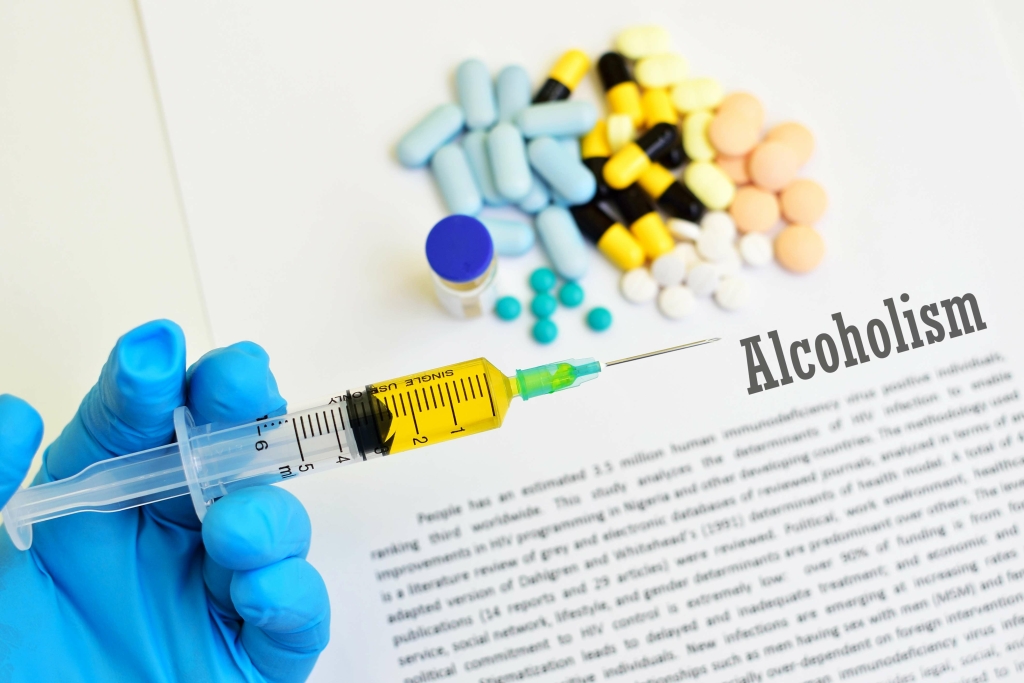Quercetin is a plant pigment that has been shown to cause sneezing in some people. We use a pharmacist-formulated blend of Glutathione, https://srsystemsus.com/how-to-reverse-brain-damage-from-alcohol/ Dihydromyricetin, Cysteine, L-Theanine, & B Vitamins to stop alcohol flushing before it can begin. If you’ve ever wondered – why does my face get red when I drink – this could be why. Younger wines like crisp whites and rosés, and anything with a screw top is far less likely to have mould. If you see mould around the cork of an older bottle, make sure that you clean it off very thoroughly before opening, and take care there is minimal contamination from the cork.
- Symptoms of an allergy or intolerance to beer may occur because you have a sensitivity to an ingredient in beer.
- While specific ingredients in alcoholic beverages may cause allergic reactions, there is no known comprehensive list that guarantees the prevention of alcohol-induced sneezing.
- Clear spirits are preferable, and bottom-fermented beers may be somewhat more tolerable due to lower biogenic amine content.
- I have been trying an anti-histamine (loratadine) to counter it, but it does not seem to do much.I do not get Asian flush after drinking.
- When the immune system views something (an allergen) as a threat, it attempts to defend the body.
- Alcohol causes an increased permeability in cells, making it easier for undigested particles to enter the bloodstream and causing inflammation.
Ingredients and Allergens in Beer

If you have these symptoms after drinking beer, call 911 or go to the nearest ER. Drinking beer can cause sneezing due to a mild allergic reaction, an intolerance to histamines, or a genetic condition that prevents the body from breaking down alcohol efficiently. Grains, such as wheat, barley, and sorghum, are common allergens found in beer. In fact, a small 2014 study of Chinese people with a beer allergy found that sensitivity to sorghum or sorghum malt was the most common cause.
Causes of Stuffy Nose on Drinking Alcohol & Ways to Get Rid of it?
Wine, specifically red wine, can worsen allergy symptoms due to the presence of sulfites, which can trigger asthma and other allergic reactions in some people. Additionally, the natural histamines in wine can intensify symptoms in those already suffering from allergies. This is particularly true for individuals who notice their allergies getting worse as they age. One of the most common alcohol-related allergic reactions is to wines containing sulfites. Sulfites are used as a preservative in wine and other alcoholic beverages, but can lead to an adverse reaction in some people. Symptoms of this kind of allergy include sneezing, itching, hives and difficulty breathing.
Pet Allergies

Some individuals sneezing after alcohol may experience sneezing even after consuming small amounts. Alcohol consumption may also stimulate the trigeminal nerve, which is responsible for transmitting sensory information from the face to the brain. This stimulation could lead to sneezing, particularly in individuals who have a hypersensitive trigeminal nerve. If sneezing impacts your quality of life, talk to your doctor about ways to reduce or eliminate the problem.
However, studies have found that a large percentage of red and white wines exceed these recommendations. Most wines don’t state their histamine content on the label, which can make it difficult to know what you’re choosing. Moreover, the 20-minute rule is linked to the broader concept of mindful drinking, which can assist individuals in cutting back their alcohol intake. It can be especially helpful during occasions where alcohol consumption might increase, drug addiction acting as a simple yet effective strategy to maintain control.

People with alcohol intolerance could still consume alcohol, although they will likely experience side effects. One older study in people with asthma found that over 40 percent of participants said that drinking alcohol prompted allergy or allergy-like symptoms. If you’re concerned that you have an allergy, your GP will be able to help. “There are many possible reasons that alcohol may cause unpleasant symptoms that are not allergic in nature,” says Shaw. “Your doctor will decide if allergy testing is needed or if the problem is non-allergic (for example histamine intolerance or sulphite sensitivity testing will not be useful here).” Allergies can be serious and require medical attention, so if you think you might have an allergy to something in beer, speak with a doctor as soon as possible for the best treatment advice.
